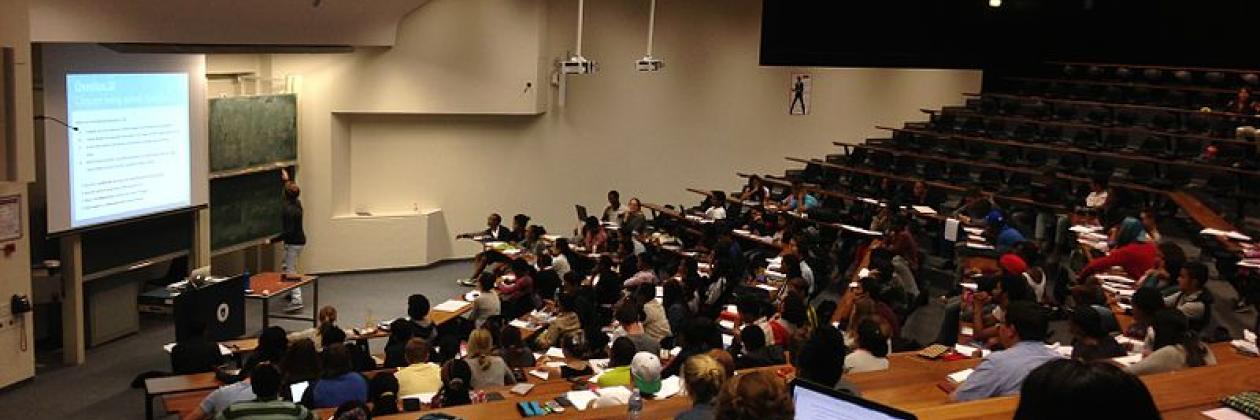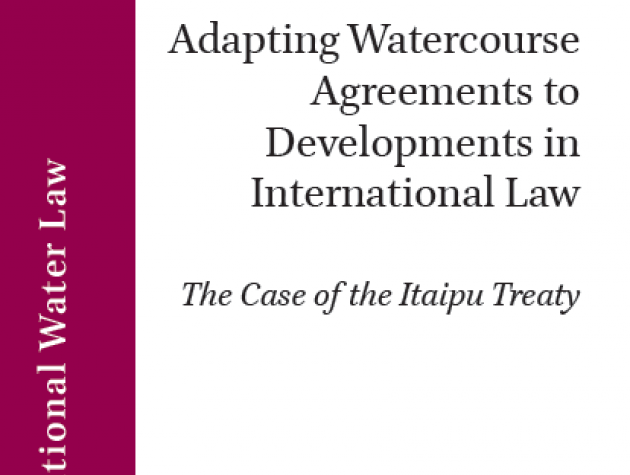College Major Choice and Neighborhood Effects in a Historically Segregated Society: Evidence from South Africa
This paper explores factors affecting the choice of investment in specific human capital in the presence of significant inter-group and spatial inequalities. I use four years of admissions application data at an elite university in South Africa in conjunction with quarterly labor force data to trace the link between aptitude-adjusted expected earnings, neighborhood effects and the choice of college major. The paper relies on the availability of a rich set of academic and geographical information in the admissions database to make causal inference. The results show that expected earnings have a positive impact on major choice independently of high school background when the ex ante distribution of earnings captures the full range of between-major and within-major income differentials. White applicants are more responsive to differentials in expected earnings than black applicants. Neighborhood effects influence college major choice through near-peer role models and relative achievement at high school level.
Access the article here.







